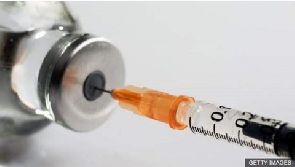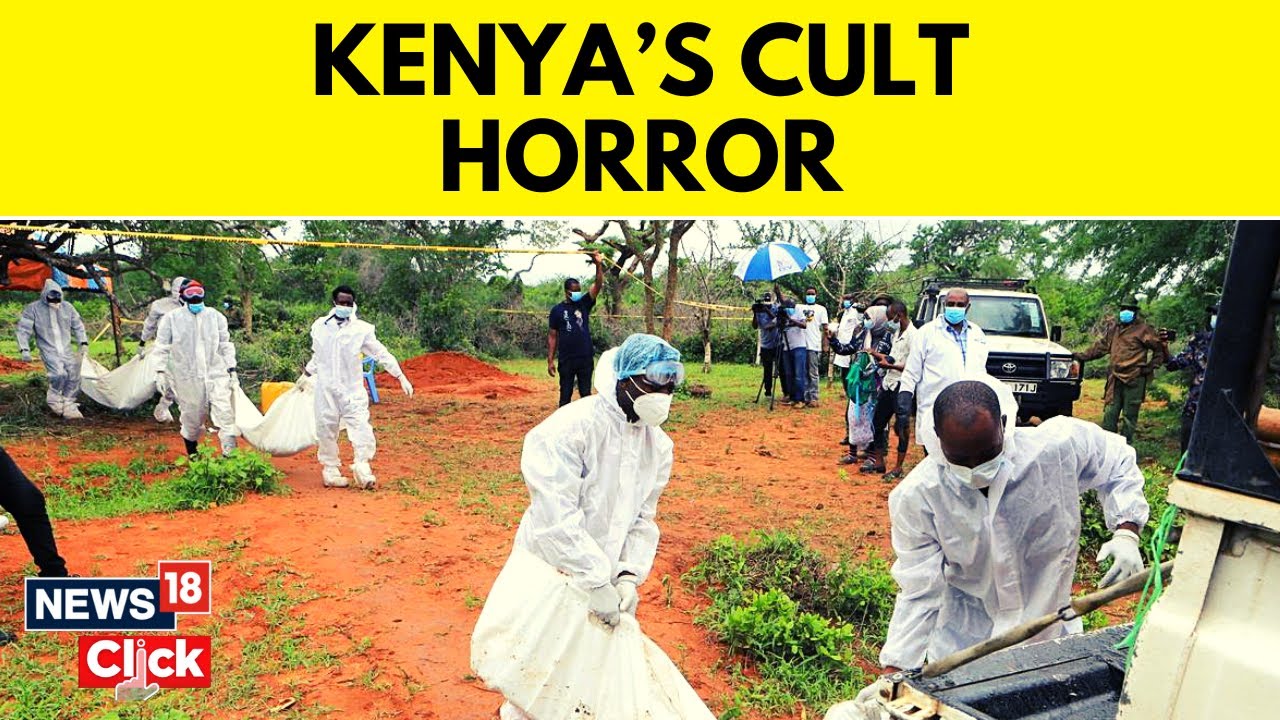A vaccine has for the first time been shown to protect against the sexually transmitted infection gonorrhoea, scientists in New Zealand say.
There are fears gonorrhoea is becoming untreatable as antibiotics fail.
The World Health Organization sees developing a vaccine as crucial in stopping the global spread of “super-gonorrhoea”.
The study of 15,000 young people, published in the Lancet, showed infections were cut by about a third.
About 78 million people pick up the sexually transmitted infection each year, and it can cause infertility.
But the body does not build up resistance, no matter how many times someone is infected.
Symptoms can include a thick green or yellow discharge from sexual organs, pain when urinating and bleeding between periods.
However, of those infected, about one in 10 heterosexual men and more than three-quarters of women and gay men have no easily recognisable symptoms.
Untreated infection can lead to infertility, pelvic inflammatory disease and can be passed on to a child during pregnancy.
Last week, the World Health Organization warned about the global spread of gonorrhoea that could not be treated with antibiotics.








